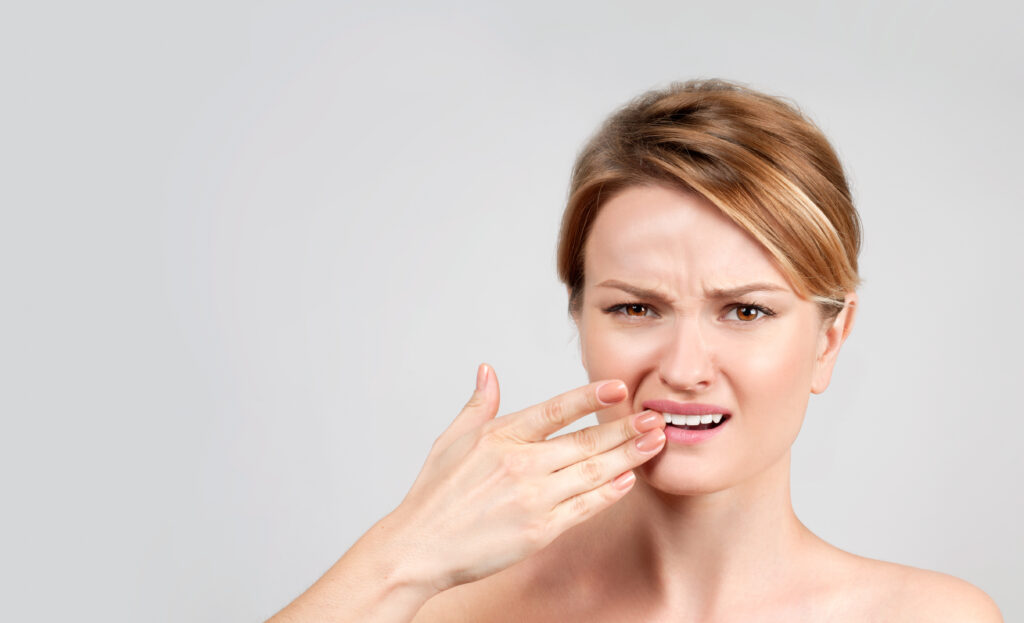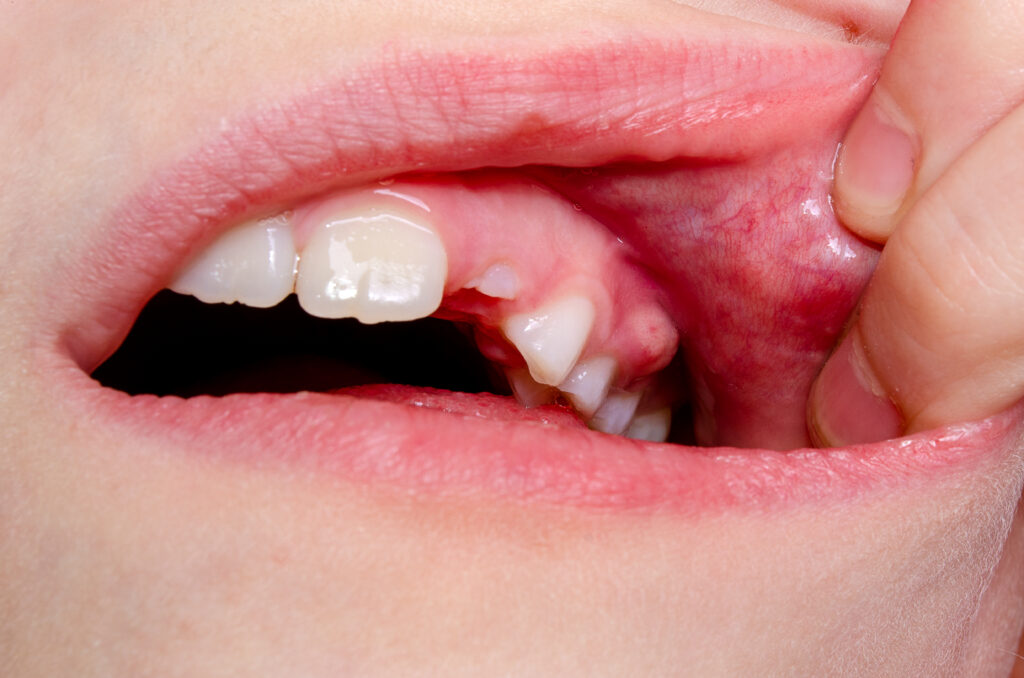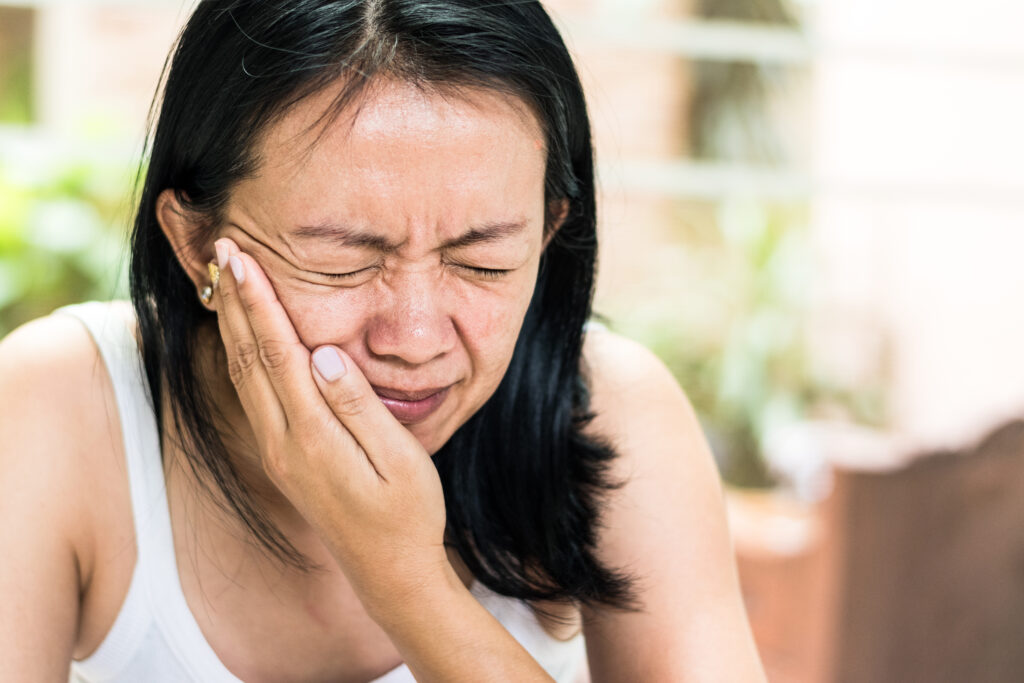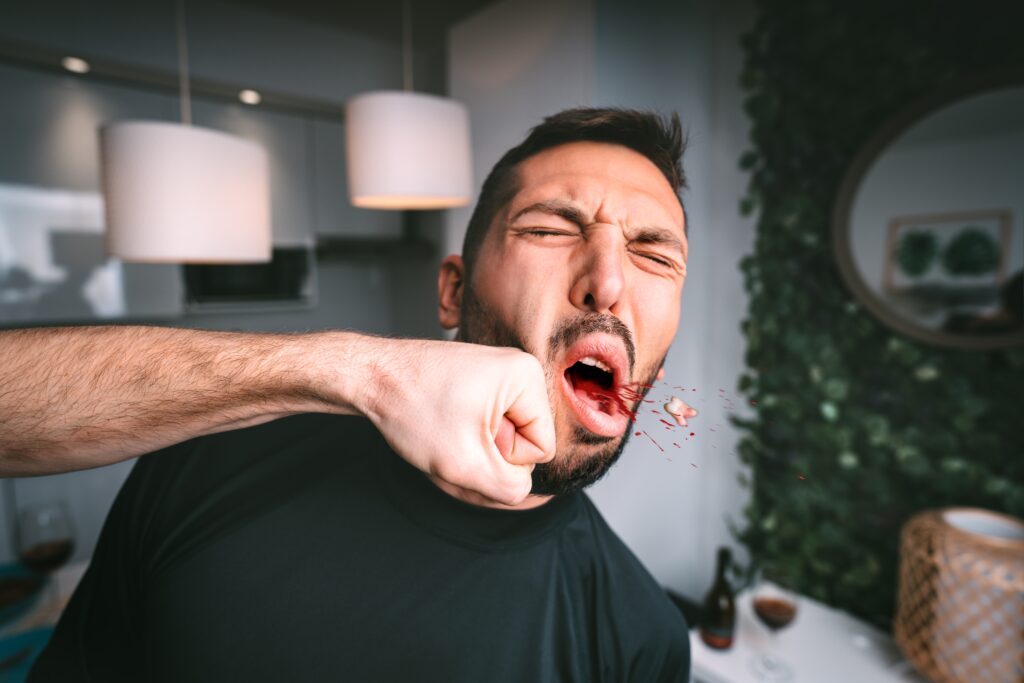Expert Emergency Dental Care by South Perth Dentists
Emergency dental care in Perth for all ages, treating toothaches to knocked-out teeth. Call (08) 94745083 or visit Dentist Perth to connect with our Perth emergency dentists 24/7.
Understanding How to Avoid Dental Emergencies
Unexpected dental problems can quickly turn a normal day into a challenging one, but the good news is that many of the dental emergencies are preventable. In this article, we’re excited to share simple yet effective tips to help you maintain excellent oral health and avoid dental emergencies. These practical steps are designed for all, from young families to sports lovers and everyone in between. Let’s ensure your dental care routine is strong, your smile remains vibrant, and emergency dentist visits are few and far between.
How to Avoid Dental Emergencies?
Avoiding dental emergencies is all about taking good care of your teeth with some smart habits. Think of it as looking after a car – regular check-ups and proper maintenance can keep you from breaking down on the side of the road. For your teeth, this means brushing twice a day, flossing, eating right, and not using your teeth as tools to open things. Just like you’d wear a seatbelt for safety, wearing a mouthguard during sports can protect your teeth from injury. These steps aren’t just good for avoiding urgent trips to the dentist; they’re the foundation of a healthy smile that lasts a lifetime. Here are some practical tips on how to avoid dental emergencies and enjoy optimal oral health.
Tooth Abscess
A tooth abscess is like a small, unwelcome guest that shows up at your tooth’s root or between your tooth and gum. It’s a pocket of pus caused by a bacterial infection, and it can lead to a throbbing pain that might not let you eat, sleep, or enjoy your day. This troublemaker can start from a simple cavity, an injury, or previous dental work gone wrong. If ignored, it can turn into a bigger problem, affecting not just your mouth but your overall health, too.
To help you avoid facing such painful conditions, here are some practical tips:
- Maintain Good Oral Hygiene: Brush your teeth twice a day with fluoride toothpaste, and remember to floss daily. This routine helps prevent the buildup of bacteria that can cause abscesses.
- Regular Dental Check-ups: Visit your dentist at least twice a year for professional cleanings and check-ups. Early detection of issues can prevent abscess formation.
- Limit Sugary Foods and Drinks: Sugar is a leading cause of tooth decay, which can lead to abscesses. Limiting intake can significantly reduce your risk.
- Use Fluoride Mouthwash: A fluoride mouthwash can help kill bacteria in your mouth and strengthen your teeth, offering additional protection against abscesses.
These preventive measures can be instrumental in maintaining your oral health and avoiding the onset of dental abscesses.
Dental Injury
A dental injury is when your teeth or the structures supporting them in your mouth get hurt. This can happen in many ways, like falling, getting hit in the face while playing sports, or biting down on something really hard. It could lead to a tooth being chipped, cracked, knocked out, or moved out of its original position. These injuries can cause pain, make it hard to eat or speak, and might require a visit to the dentist to fix. Dental injuries are not just uncomfortable but can also affect how your smile looks. Consider the following preventative measures to minimize the risk of such injuries and protect your oral health.
- Wear Protective Gear: Always wear a mouthguard during sports or recreational activities that could result in a blow to the face or mouth. This is especially important for contact sports such as rugby, football, or martial arts.
- Be Cautious with Hard Foods: Avoid biting down on hard candies, ice, or other hard foods that can cause teeth to crack or break. Opt for cut-up pieces of hard foods if necessary.
- Practice Safe Chewing: Use scissors or a nutcracker to open packages and nuts, respectively, instead of your teeth. This helps avoid unnecessary pressure that can lead to dental injury.
- Childproof Your Home: To minimize the risk of falls or collisions, especially in homes with young children, ensure that your living space is free from hazards that could cause dental injuries.
Implementing these strategies can greatly reduce the likelihood of experiencing dental injuries, helping you maintain a healthy, intact smile.
Severe Dental Pain
Severe dental pain is like a loud alarm bell in your mouth, telling you something is wrong. It can start suddenly or grow slowly over time, ranging from sharp, throbbing pain to a constant ache. This kind of pain often comes from cavities, infections, gum disease, exposed tooth roots, or even a cracked tooth. It’s your body’s way of saying your teeth or gums need some urgent care. Not only can severe dental pain make it hard to eat, drink, and sometimes even talk, but it can also affect your overall mood and well-being. To prevent severe dental pain and maintain your oral health, consider these tips:
- Regular Dental Check-ups: Preventive care is key. Regular visits to your dentist can catch issues before they become painful, such as cavities or early signs of gum disease.
- Good Oral Hygiene: Brushing twice a day with fluoride toothpaste and flossing daily can prevent decay and dental diseases that may lead to severe pain.
- Avoid Hard and Sticky Foods: These can cause immediate damage or slowly deteriorate your teeth over time, leading to painful conditions.
- Wear a Night Guard if Needed: If you grind your teeth at night, wearing a night guard can prevent the pain and damage caused by bruxism.
Knocked-Out Teeth
A knocked-out tooth occurs when a tooth is suddenly forced out of its socket, usually by an impact or accident. It can happen during sports, a fall, or any kind of physical activity where the mouth might come into contact with something hard. Losing a tooth this way can be painful and shocking, leaving a gap that affects how you look, eat, and speak. It’s a dental emergency that needs quick action to save the tooth and prevent further damage to your mouth. To avoid such dental emergencies, here are effective prevention strategies:
- Wear Protective Mouthguards, especially during sports or activities that could lead to facial injuries. Custom-fitted mouthguards offer the best protection.
- Practice Safe Play: Follow safety rules and use protective gear during sports and recreational activities to minimize the risk of accidents.
- Be Mindful of Your Surroundings: Avoid situations where you might be prone to falls or sudden impacts, such as roughhousing or engaging in activities on slippery surfaces.
- Educate on Proper Handling: Knowing how to handle a knocked-out tooth can save it. Educate family members, especially those involved in sports, on what to do in case of such an emergency.
Following these preventative measures can significantly reduce the risk of experiencing severe dental pain and the likelihood of having a tooth knocked out during physical activities.
Chipped or Broken Teeth
Chipped or broken teeth occur when a piece of a tooth’s enamel breaks off, often due to biting down on something hard, an injury, or a fall. This can lead to sharp edges that may irritate your mouth, a change in the tooth’s appearance, and sometimes pain or sensitivity if the damage reaches the inner parts of the tooth. Besides affecting your smile, it can make eating uncomfortable and may require a visit to the dentist for repair. It’s a common issue many people face, but it can often be prevented with the right care. To reduce the risk of chipping or breaking your teeth, consider these preventive strategies:
- Use Mouthguards for Sports: Wearing a mouthguard during sports can protect your teeth from injury.
- Avoid Using Teeth as Tools: Never use your teeth to open bottles, cut through thread, or bite hard objects. This can prevent chips and breaks.
- Be Careful with Hard Foods: Chew hard foods like nuts and candy with caution to avoid accidental chipping.
- Regular Dental Visits: Routine check-ups can identify weak spots in teeth that may be more susceptible to breaking, and your dentist can recommend treatments to strengthen them.
Excessive Bleeding and Facial Swelling
Excessive bleeding and facial swelling in the context of dental health usually point to an infection, injury, or an underlying condition affecting the gums or teeth. Bleeding more than usual after a dental procedure or injury and swelling around the face or gums can be signs that something serious is happening. These symptoms should not be ignored as they can indicate infections that might spread or other serious dental issues that need immediate attention. Besides being uncomfortable and potentially painful, they can significantly affect your overall health if left untreated. To minimize the chances of experiencing excessive bleeding and facial swelling, follow these guidelines:
- Maintain Good Oral Hygiene: Brushing twice a day, flossing daily, and using mouthwash can reduce the risk of gum disease, which can lead to bleeding and swelling.
- Regular Dental Check-ups allow your dentist to catch and treat gum disease or other issues before they lead to serious complications.
- Eat a Healthy Diet: A diet rich in vitamins and minerals supports gum health and can prevent inflammation and bleeding.
- Quit Smoking: Smoking is a major risk factor for gum disease, which can cause your gums to bleed and swell.
Adopting these preventive measures can help protect your oral health, reducing the risk of chipping or breaking your teeth and preventing conditions that lead to excessive bleeding and swelling.
Lost Fillings or Crowns
Lost fillings or crowns happen when the dental work that was put in place to protect or repair a tooth falls out. Fillings fill holes caused by decay, and crowns act like caps to cover and strengthen a damaged tooth. Losing them can leave your tooth exposed and vulnerable to further damage or decay, not to mention the discomfort or sensitivity you might feel when eating or drinking hot, cold, or sweet things. It’s a common issue that can occur due to wear and tear, eating sticky or hard foods, or simply because the bond between the tooth and the filling or crown has weakened over time. To prevent the loss of fillings or crowns and ensure the longevity of your dental work, consider these proactive steps:
- Regular Dental Check-ups: Frequent visits allow your dentist to inspect the integrity of your fillings and crowns, ensuring they are secure and in good condition.
- Practice Good Oral Hygiene: Keeping your teeth clean helps prevent decay under or around the filling or crown, which can lead to it coming loose.
- Avoid Hard and Sticky Foods: Foods that are particularly hard or sticky can dislodge fillings or crowns. Be mindful when eating foods like hard candy, chewing gum, or ice.
- Wear a Night Guard if Necessary: If you grind your teeth at night, wearing a night guard can protect your fillings and crowns from excessive pressure that could cause them to loosen or fall out.
- Use Caution When Chewing: Chew carefully, especially if you know you have many fillings or crowns, to avoid putting too much force on them.
By following these tips, you can reduce the risk of losing a filling or crown and maintain your dental health, minimizing the need for emergency dental visits. Remember, if you’re unsure if it’s a dental emergency, it’s better to play it safe and make that appointment. It’s better to be told it’s nothing than to risk your smile!
How to Avoid Dental Emergencies: a sum up
Avoiding dental emergencies doesn’t have to be complicated. With some basic care and precautions, you can keep your teeth healthy and avoid unexpected visits to the dentist. Remember to brush and floss daily to fight off decay and gum disease, which are common culprits behind dental pain and emergencies. Don’t skip your regular dental check-ups, as these can catch problems early before they turn into emergencies. Protect your teeth during sports and activities by wearing a mouthguard, and use tools, not your teeth, to open packages or crack nuts. Being mindful of what you eat and avoiding hard and sticky foods that can damage your teeth also goes a long way. By following these simple steps, you’re not just preventing dental emergencies but ensuring a healthier, happier smile for years to come.
Acts Dental as a Leading Provider of Emergency Dental Care in Perth
Keeping your smile bright and healthy is our priority at Acts Dental. With top-notch emergency dental care right here in Perth, you can rest assured that your oral health is in good hands. Whether you’re dealing with a dental emergency or just aiming to prevent one, our team is ready to provide you with the care and advice you need. Additionally, our clinic is a preferred dental provider with with Bupa, Medibank, HBF, HCF, and NIB, ensuring that you get the maximum benefits for your emergency dental services. To schedule your appointment, call us at 08 9474 5083 or book online at any time. For urgent dental needs outside regular hours, contact us at 0415 199 080. We are committed to providing support when you need it most.






